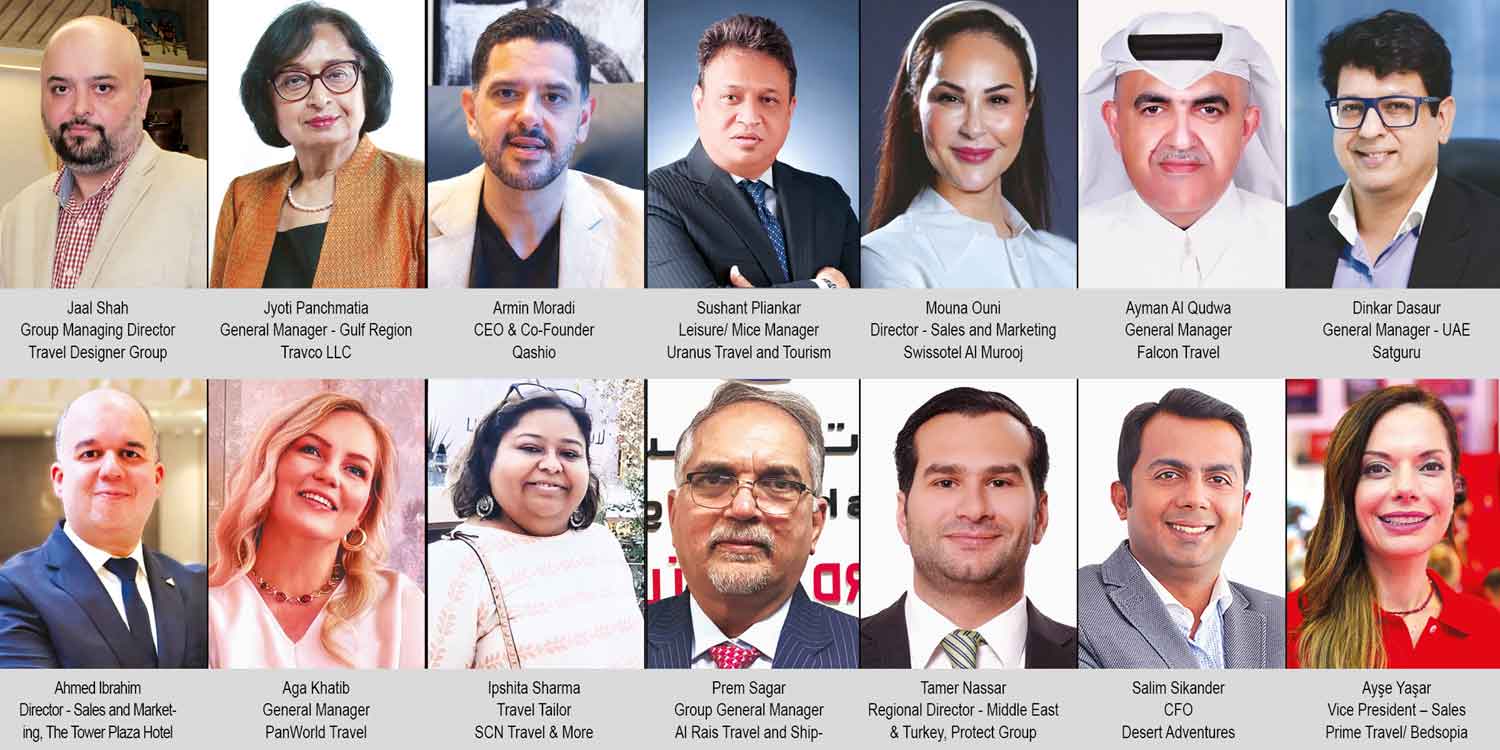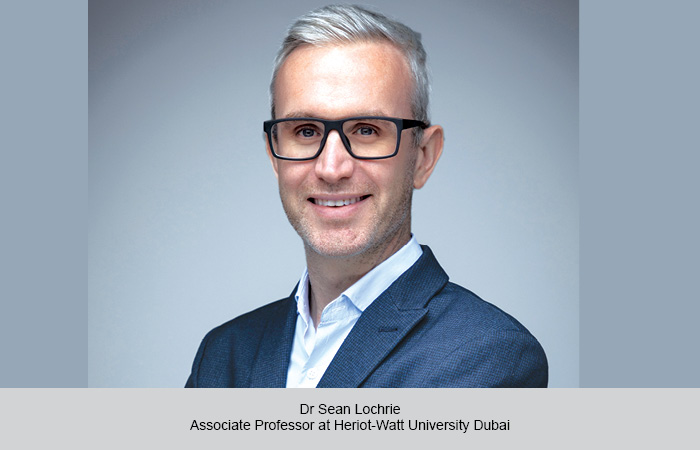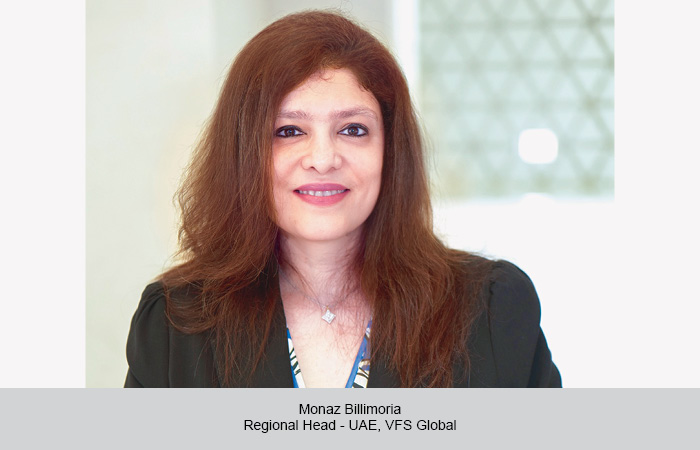Most locals and expats residing in the UAE are on the look-out for new destinations offering personalised experiences. Josephine Sophia, Executive Director, Sugarcane Elephants, shares an update.
TT Bureau
Please share the work undertaken by the company.
Sugarcane Elephants is the first and only wellness travel company in the MEA region. We are soul alchemists, using the medium of travel to profoundly affect and change perceptions and world views. We function as a representation company for boutique wellness resorts and hotels; carrying their message to the right audience in the assigned geography and creating an ecosystem of travel explorers, wellness evangelists and experience seekers. We provide both – teachers and enquirers – with eclectic living spaces in idyllic destinations that become playgrounds for the spirit to soar.
How important is outbound wellness in the Middle East market?
There are supposed to be 200 million followers of yoga worldwide. And the Middle East is not immune to the charms of this ancient well-being practice either. There are over 100 yoga studios in UAE itself and many more freelance teachers. Yoga schools from Ashtanga to Sivananda, and everything in between, have established their presence in the Arabian Gulf. Associated wellness modalities from Theta Healing to Raw Food lifestyle, are well represented too with a growing demand for their benefits in this fast-paced era. On an average, one new fitness studio opens just in Dubai alone every fortnight. And the patrons of these studios travel frequently on either teacher-led retreats or individually on well-being-themed holidays. Given the high level of disposable income in this region, wellness is a very important segment of the outbound travel industry. In the end, we all crave to be healthier, happier and at peace. Going on a wellness holiday helps us to do this and return to our centre.
What are the ‘most visited’ outbound wellness destinations around the world for the Middle East market?
The lion’s share of wellness travel from the Middle East is bound towards the Asian subcontinent – India, Sri Lanka, Nepal, Bhutan, Thailand and Bali. Germany and a few spa destinations of Eastern Europe also gain some traffic.
Could you share what the clientele in this market seek in terms of wellness?
The Middle East Market is used to high standards of service so they look for destination resorts that have not only unique themes and modalities but also a distinct service orientation. There are some clients who are particular about Ayurveda treatments or detox regimes but most clients want a proposition that combines wellness treatment with rejuvenation and relaxation offerings.
Is there a time period that the Middle East travellers prefer?
Most travellers like to spend at least five to seven days at the destination so that they can ‘decompress’ and experience the true benefits of the treatments. However, we have clients who are short of time and want to pack a wellness break into a long weekend and we cater to that segment as well. On the other spectrum, we have clients who seek a longer 15 to 30 days stay due to specific health issues.
 TravTalk Middle East Online Magazine
TravTalk Middle East Online Magazine






